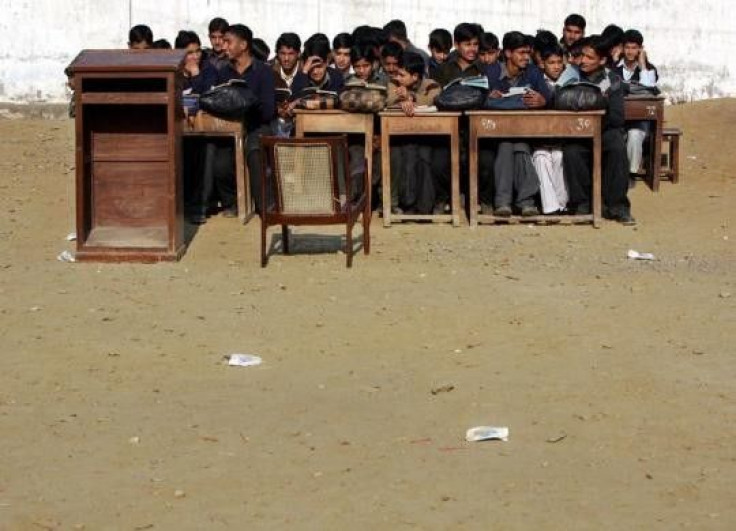Don't Try Harder to Learn Any Language, It Makes Things Difficult: Neuroscientists Say

The structure of the brain is known to play an important role when it comes to learning language; there is a specific period when one has the maximum skills to pick up languages which is thought to get over by adolescence.
In this study, a team of neuroscientists and psychologists led by Amy Finn, at MIT's McGovern Institute for Brain Research, observed that the harder an adult makes an attempt to learn a new language, the worse they perform.
"We found that effort helps you in most situations, for things like figuring out what the units of language that you need to know are, and basic ordering of elements. But when trying to learn morphology, at least in this artificial language we created, it's actually worse when you try," Finn says.
The findings got published in the July 21 issue of PLOS ONE.
Children always do better than adults in learning language, the report suggests.
In the experimental set up, nine nonsense words were included, each with two syllables. Every word fell into one of three categories (A, B, and C), defined by the order of consonant and vowel sounds.
At first, the participants were asked to listen to the artificial language for 10 minutes. One group was requested not to overanalyse whereas the other group was told to try to identify the words.
It was found that each group heard the same recording.
Both groups were good at word segmentation, even though the group that tried harder did a bit better.
Finally they were asked to judge if the new word was in the correct location and it was observed that the participants who were asked to pay closer attention to the original word stream performed much worse than those who had listened more passively.
"It's likely to be the procedural memory system that's really important for learning these difficult morphological aspects of language. In fact, when you use the declarative memory system, it doesn't help you, it harms you," Finn says.
Future investigations are required to know if it is possible for the adults to overcome this language-learning obstacle.






